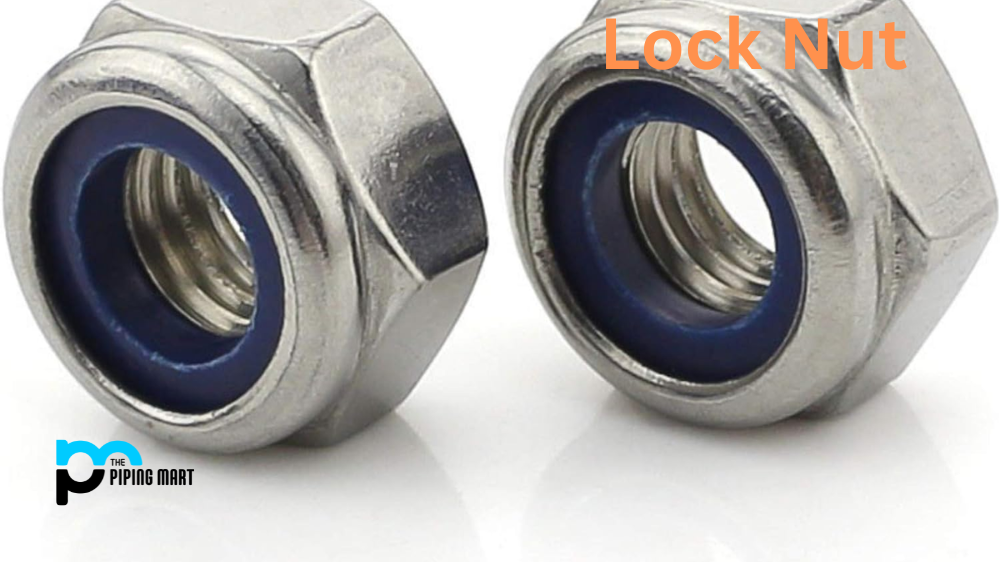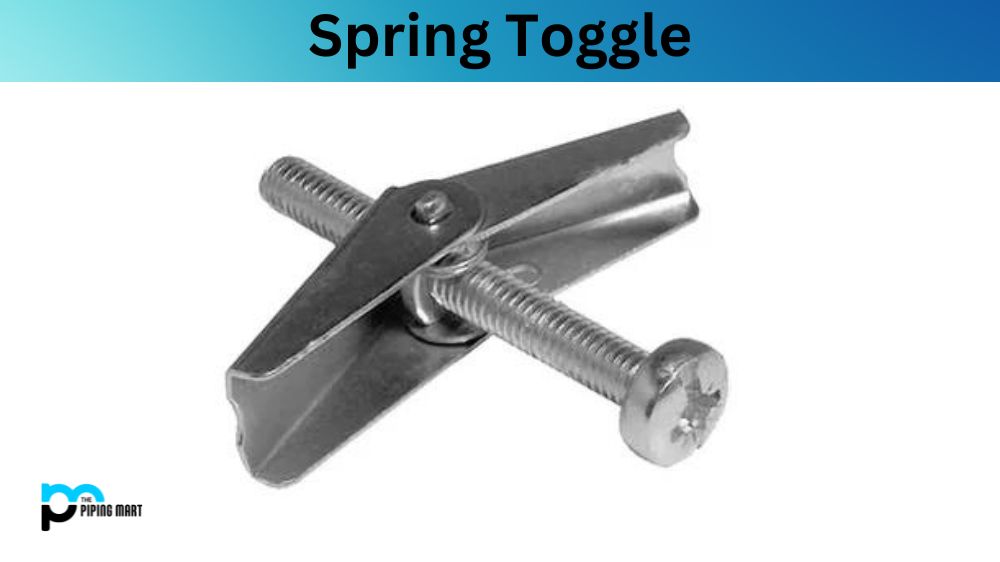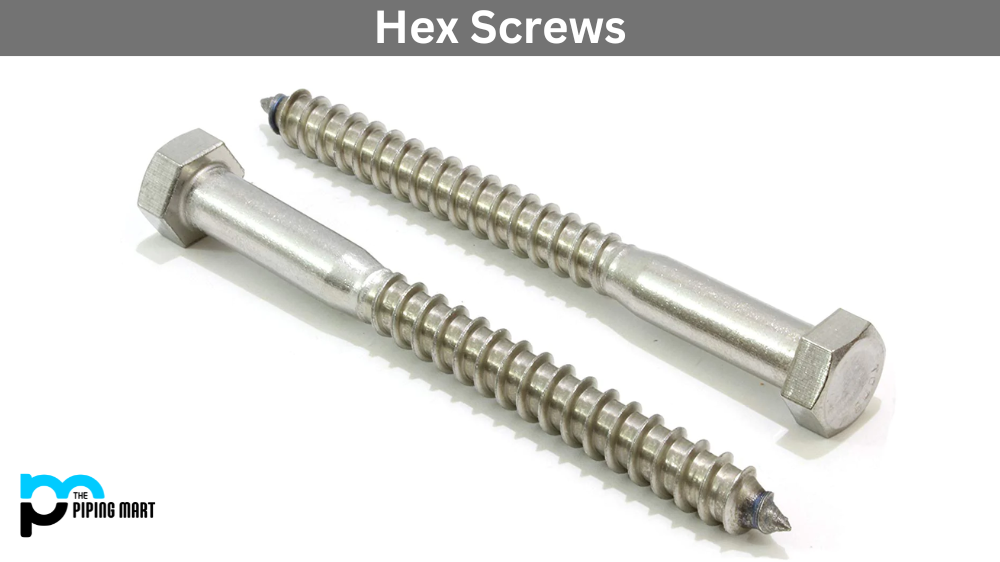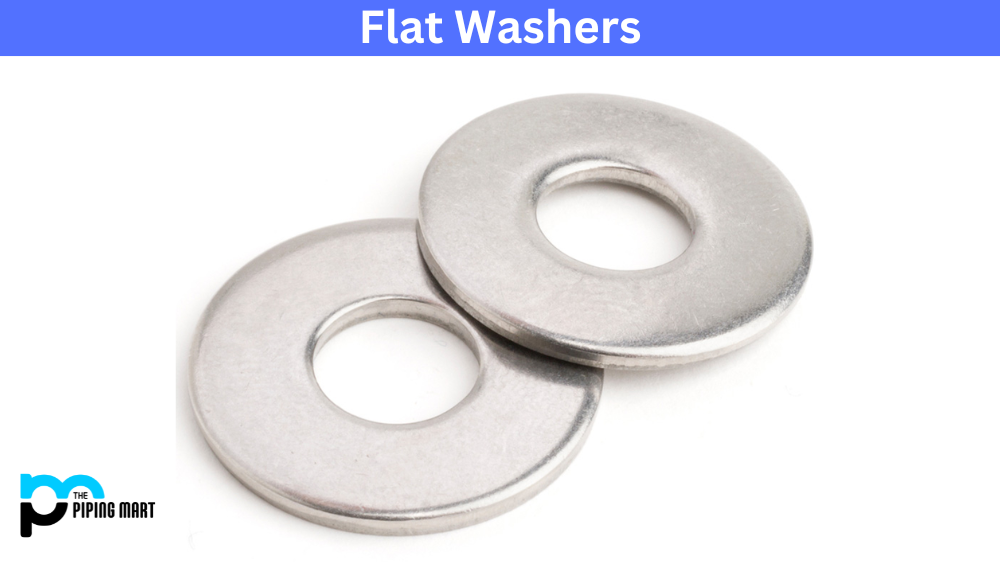Lock nuts are devices that are used to secure bolts, screws, or threaded fasteners to a surface. They are specially designed to resist vibrations that may loosen the fastener. Lock nuts come in different types, but the nylon insert lock nut is the most common. This blog post will discuss the advantages and disadvantages of using a lock nut to help you choose whether it is appropriate for your application.
What is Lock Nut?
A lock nut, a nylon insert nut, or a self-locking nut is a fastener designed to prevent loosening and provide additional security to the attached material. It has a regular hexagonal shape with an added nylon ring inside the threaded portion.
The main purpose of using a lock nut is to create resistance against vibration and rotational forces, ensuring that the bolt or screw stays firmly in place. This makes it essential in various industries like automotive, aerospace, construction and more.
One of the key advantages of lock nuts is their ability to handle high tension levels without losing grip on the thread. The nylon ring acts as a frictional element between two mating surfaces, making it difficult for them to rotate against each other when external forces are applied.
Moreover, these nuts can be easily installed by hand without requiring special tools. This saves time, improves efficiency, and reduces costs for large-scale projects. Depending on their application requirements, they are available in various materials, such as steel, stainless steel, and brass,
Another significant benefit of using lock nuts lies in their reusability factor. Unlike traditional nuts that lose their locking properties over time due to wear and tear or repeated use, they maintain their effectiveness even after multiple installations.
Advantages of Lock Nuts:
Enhanced Security –
Lock nuts provide an additional level of security because they do not allow the bolt or screw to loosen, regardless of the vibration level. This makes it an ideal option for automotive and manufacturing industries where safety is paramount.
Cost-Effective –
Lock nuts are relatively cheaper than some alternatives, such as adhesives. They provide a long-lasting and reliable solution for securing fasteners without incurring additional costs.
Easy to Install –
Unlike other fastener methods that require special tools such as adhesives, lock nuts can be installed using ordinary tools. This means you can train your workforce on specialized installation procedures without training.
Disadvantages of Lock Nuts:
Limited Reusability –
Lock nuts are designed to be used once, meaning they cannot be removed and installed on another surface. This may lead to additional costs for acquiring a new lock nut whenever you need to secure a fastener.
Potential Damage to Threads –
When using a lock nut, there is a chance that you may over-tighten the nut, causing damage to the threads. This can render the threaded fastener useless; in some cases, replacing the damaged part might be necessary.
Limited Temperature Range –
Lock nuts are not suitable for high-temperature applications. They will lose their holding power when subjected to high temperatures, and this can result in a safety hazard.
Conclusion:
Lock nuts are an effective solution for securing threaded fasteners, especially in applications requiring high-security levels. They are easy to install, cost-effective, and provide enhanced safety. However, they also have limitations, including limited reusability, potential damage to threads, and temperature range. As a result, it is essential to consider these factors before choosing to use a lock nut.
Sakshee is a talented blogger, with a particular focus on the Business and Metal Industry. She is passionate about sharing her insights on various metal products and helping professionals to make a better decisions.




